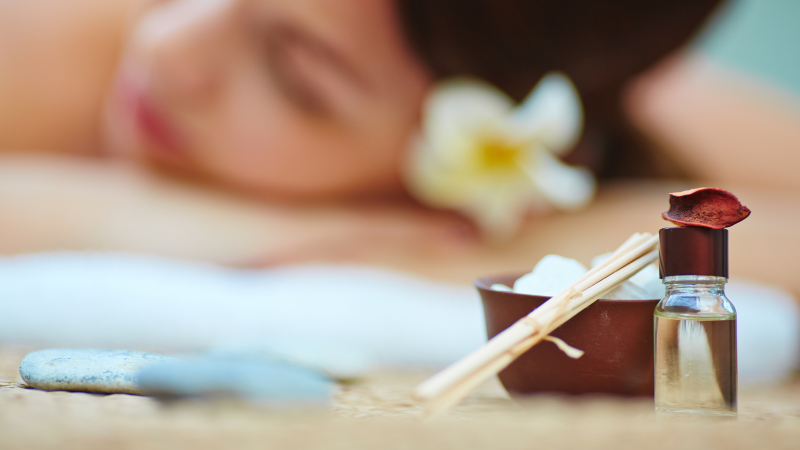
Aromatherapy For A Healthy Well-Being
Aromatherapy is a holistic healing practice that uses essential oils from plants to promote physical, emotional, and mental well-being. Various techniques can be used to harness the power of these oils, depending on the desired effect. Here are some of the most common aromatherapy techniques:
1. Inhalation
Inhalation is one of the most direct and effective ways to experience the benefits of essential oils. The molecules from the oils are absorbed through the respiratory system, and they can have immediate effects on mood and overall well-being.
- Steam Inhalation: Add a few drops of essential oil (such as eucalyptus or peppermint) to a bowl of hot water, place a towel over your head, and inhale the steam deeply. This is great for respiratory issues like congestion or sinusitis.
- Diffusion: Using an essential oil diffuser (ultrasonic, nebulising, or heat-based), you can disperse essential oils into the air. This technique is ideal for creating a calming atmosphere, purifying the air, or improving sleep.
- Direct Inhalation: Place a few drops of essential oil onto a tissue or cotton ball, then hold it to your nose and inhale deeply. This method is effective for quick mood elevation or calming effects (e.g., lavender for relaxation or lemon for energy).
2. Topical Application
Topical application involves applying diluted essential oils directly onto the skin. This method allows the oils to be absorbed by the skin and enter the bloodstream, providing both physical and emotional benefits.
- Massage: Essential oils can be added to a carrier oil (such as jojoba, coconut, or almond oil) and used for massage. Common oils used for massage include lavender (relaxation), eucalyptus (muscle relief), and rosemary (pain relief).
- Bath Soaks: Add essential oils to your bathwater (again, diluted in a carrier oil or mixed with Epsom salts). Essential oils like chamomile, lavender, or frankincense can enhance relaxation and soothe the skin.
- Compresses: For more targeted relief (e.g., for headaches, muscle aches, or inflammation), you can create a warm or cold compress with essential oils. For example, a cold compress with peppermint or eucalyptus oil can relieve headaches.
3. Aromatherapy for Sleep
Certain essential oils are known for their calming and sleep-inducing properties. They can be used in various ways to help you relax and improve the quality of your sleep.
- Pillow Spray: Mix a few drops of lavender, chamomile, or sandalwood essential oil with water in a spray bottle. Lightly mist your pillow and bedding before going to bed.
- Diffuser at Bedtime: Set up an essential oil diffuser in your bedroom, using calming oils like Lavender, Bergamot, or Cedar wood to promote a restful sleep environment.
4. Aromatherapy for Stress and Anxiety
Aromatherapy is commonly used to alleviate stress and anxiety. The sense of smell has a powerful connection to the brain's limbic system, which controls emotions.
- Aromatherapy Bracelet: A bracelet made with lava stones or felt pads can be used to carry essential oils throughout the day. Simply add a drop of your favourite calming oil (like lavender or frankincense) to the stone, and the scent will last for hours.
- Aromatherapy Inhalers: Portable inhalers can be filled with essential oils like Ylang Ylang, Bergamot, or frankincense. These can be carried in your bag for quick access whenever you need a calming effect.
5. Aromatherapy for Skin Care
Certain essential oils have properties that can benefit the skin, such as promoting healing, reducing inflammation, and improving circulation.
- Face Oils or Serums: Create a blend of essential oils like Rosehip, Tea tree, or Geranium mixed with a carrier oil to nourish and balance your skin. For acne-prone skin, tea tree oil is a good choice, while for dry or aging skin, rose or frankincense oils are beneficial.
- Facial Steams: Add essential oils to a facial steam to open pores and cleanse the skin. Oils like tea tree, lavender, and chamomile are great for soothing and purifying the skin.
6. Aromatherapy for Energy and Focus
Certain oils are stimulating and can enhance alertness, focus, and mental clarity.
- Diffusing for Focus: Oils like rosemary, peppermint, and lemon are known for their invigorating properties and can be diffused in the workspace or study area to increase concentration and alertness.
- Energy-Boosting Roll-Ons: Create a roll-on blend of energising oils like grapefruit, lemon, or peppermint in a carrier oil, and apply it to your pulse points whenever you need a boost.
7. Aromatherapy for Digestive Health
Certain essential oils can help soothe digestive discomfort, relieve nausea, and stimulate digestion.
- Massage: Dilute essential oils like ginger, peppermint, or fennel in a carrier oil, and massage them into the abdomen in a clockwise motion to help alleviate bloating, gas, or indigestion.
- Inhalation: Diffusing oils like peppermint or cardamom can help with nausea or upset stomach.
8. Aromatherapy for Mood Enhancement
Aromatherapy can have a profound impact on emotional well-being. The use of essential oils can be especially effective in improving mood, alleviating depression, and managing emotional stress.
- Uplifting Diffusions: Citrus oils like orange, lemon, or grapefruit are great for uplifting mood and increasing feelings of happiness and joy. These can be diffused or used in a personal inhaler.
- Roll-On Blends: Create a blend of essential oils like bergamot, lavender, and rose in a carrier oil to apply to pulse points whenever you need to stabilise emotions or uplift your spirit.
9. Aromatherapy for Respiratory Health
Essential oils are frequently used to support respiratory health, especially during cold and flu seasons.
- Chest Rubs: For congestion or coughs, dilute essential oils like Eucalyptus, Peppermint, or Tea tree oil in a carrier oil and apply to the chest, throat, or back.
- Diffusion: Eucalyptus, Peppermint, and Frankincense can help clear nasal passages and ease breathing when diffused into the air.
Safety Tips for Aromatherapy:
- Dilution: Always dilute essential oils with a carrier oil (like jojoba, coconut, or almond oil) before applying them to the skin. A typical dilution ratio is 1-2% for adults (about 1-2 drops of essential oil per teaspoon of carrier oil).
- Patch Test: Before using a new essential oil topically, do a patch test on a small area of skin to ensure there is no allergic reaction.
- Avoid Eyes & Sensitive Areas: Keep essential oils away from the eyes, mucous membranes, and sensitive skin areas.
- Consult a Healthcare Professional: If you are pregnant, nursing, or have health conditions, consult a specialist before using essential oils, as some oils may not be safe for certain individuals.
Aromatherapy can be a highly effective and natural way to support physical, emotional, and mental health when used properly.
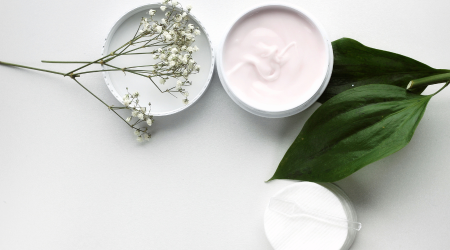





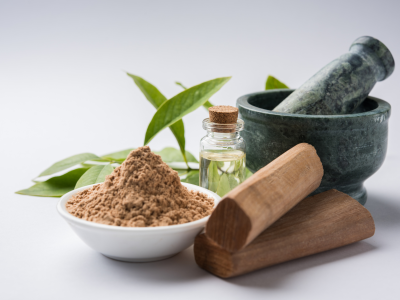
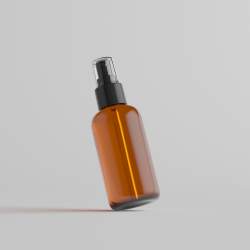

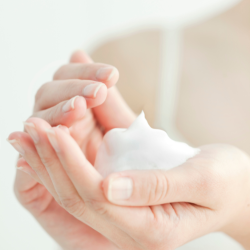

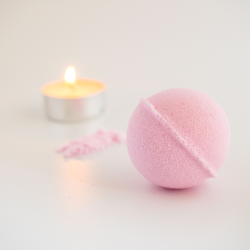

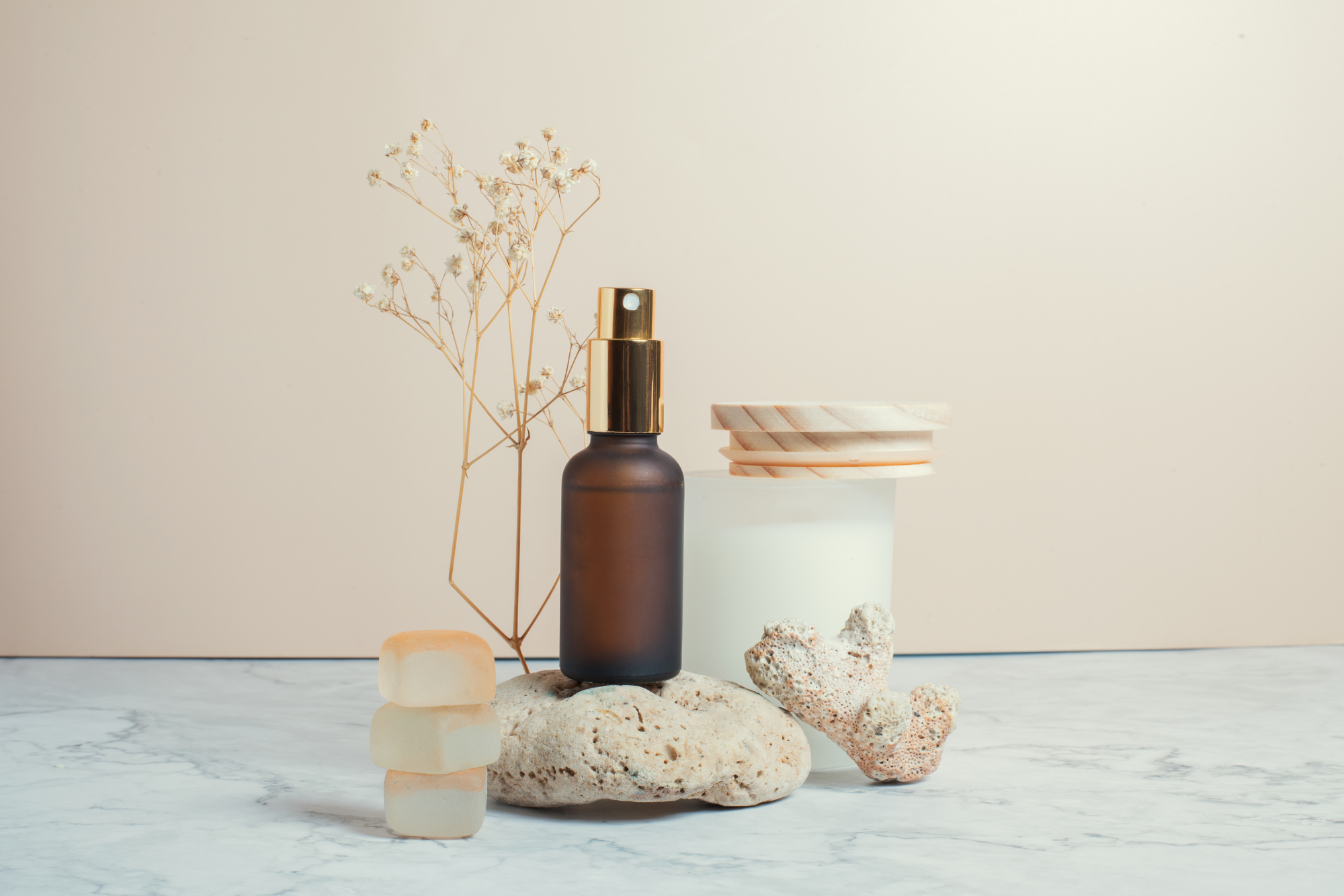



Leave a comment